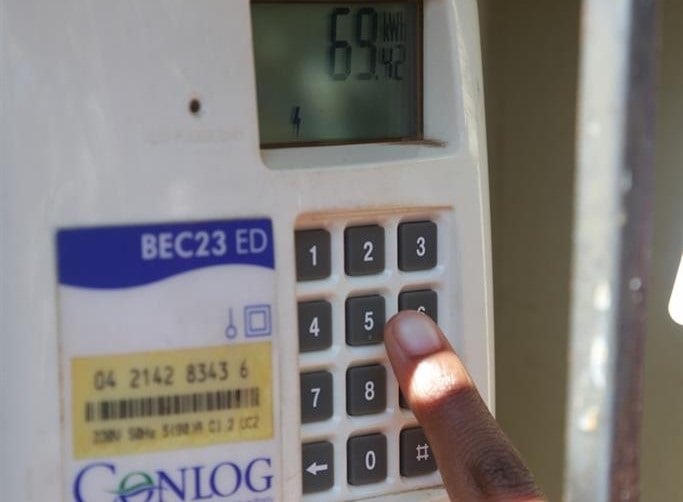
Nersa has approved new tariffs for free basic electricity. (Luba Lesolle/Gallo Images)
South Africa's National Energy Regulator (Nersa) is in discussions with relevant authorities about possibly increasing the amount of free electricity poor households receive each month.
In South Africa, over eight million households benefit from the Free Basic Electricity (FBE) programme, receiving 50 kWh of electricity per month.
At the end of May, the regulator approved new tariffs for FBE, which is how much municipalities must pay Eskom for providing free electricity to qualifying customers. The new tariff for municipalities for 2024/25 is 194.40 cents/kWh, effective from July 1. This is a 12.5% increase from the previous 172.76 cents/kWh.
FBE rates are adjusted annually, using a methodology approved by the Energy Regulator in 2021.
However, a representative of the South African Local Government Association recently said the amount of electricity being provided to qualifying households was insufficient and that they should instead be provided with 300kWh to 400kWh.
In a statement, Nersa said the current amount of free electricity should be enough for basic lighting, access to media, heating water in a kettle and ironing.
But the regulator said it was in consultation with relevant government departments to review the 50kWh per month limit, taking into account changes in the economic situation since it was first introduced in 2003.
National Treasury provides FBE funding to local governments through an equitable allocation set by the Ministry of Cooperative Governance and Traditional Affairs, which is essentially a grant for municipalities to provide basic services.

